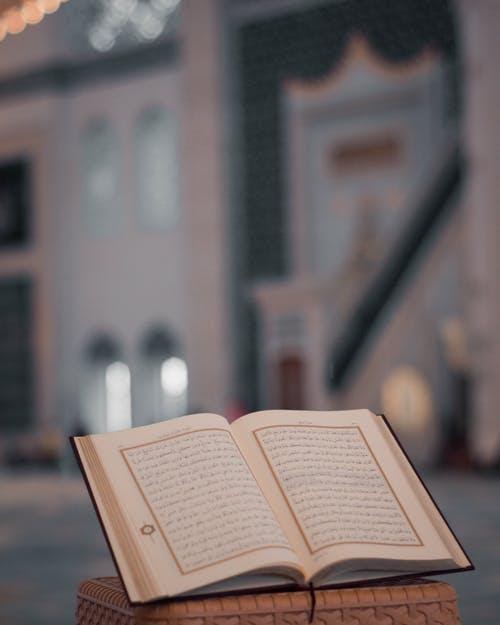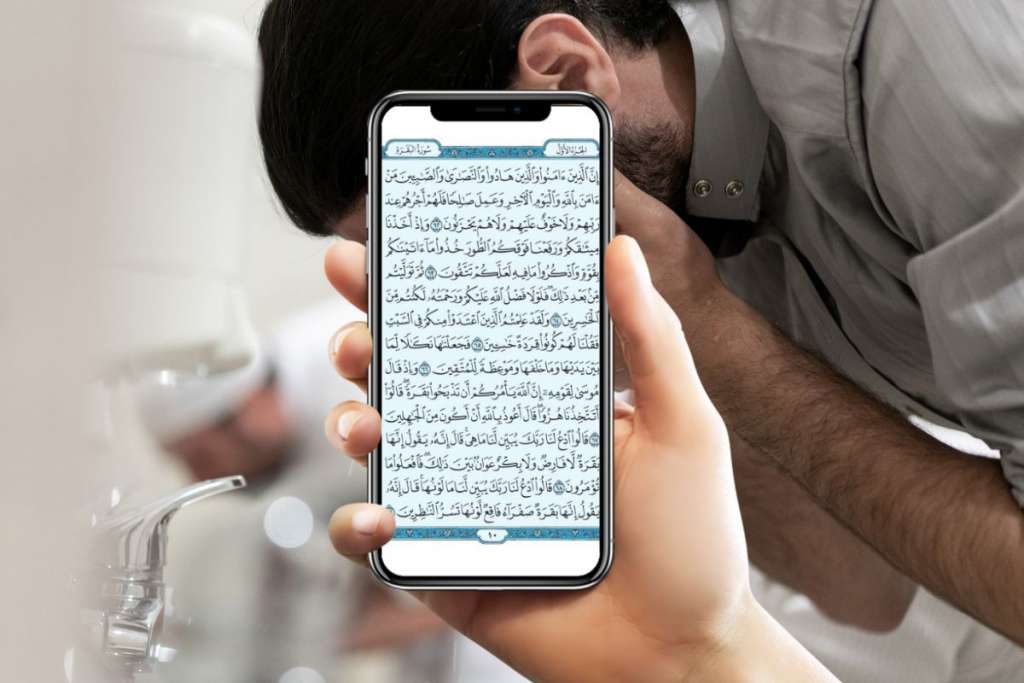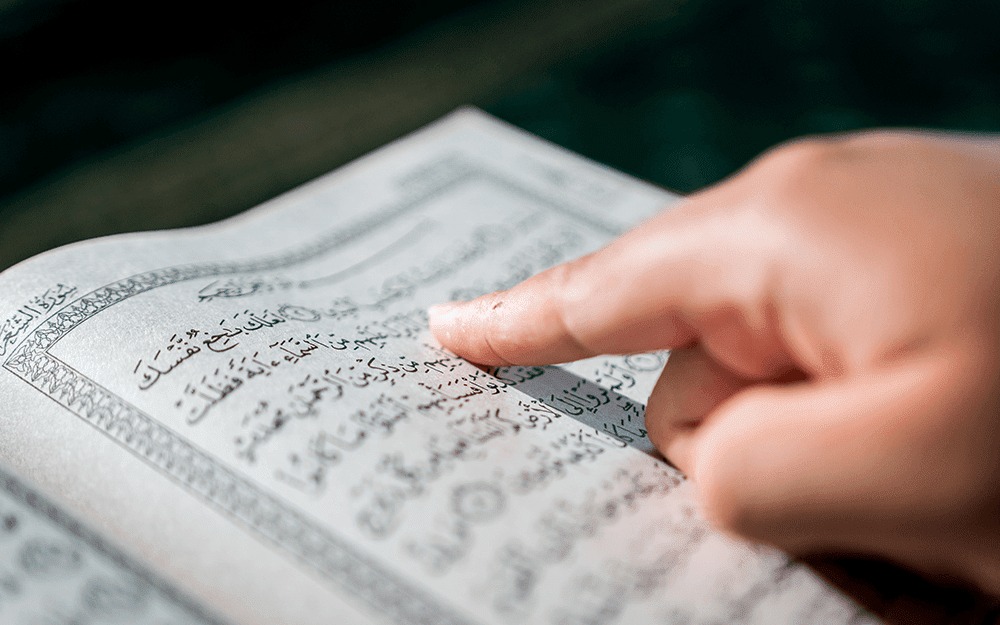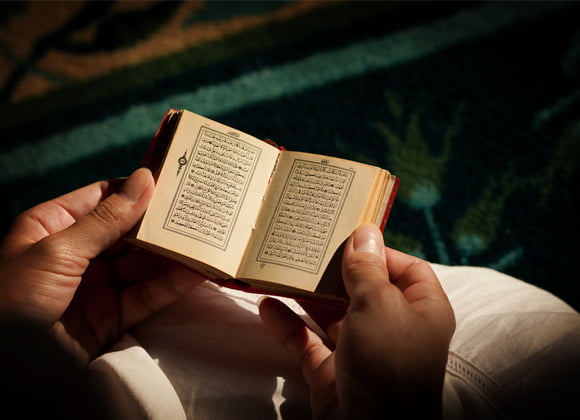The Quran, regarded as the divine revelation from Allah (God), holds immense reverence and importance in the lives of Muslims. It is a source of guidance, wisdom, and solace. However, when it comes to engaging with the Quran, Muslims also emphasize the significance of ritual purity, known as wudu. Wudu is a form of ablution involving specific actions and intentions to cleanse oneself spiritually before performing acts of worship, such as prayer or touching the Quran. But does one always require wudu to read the Quran? In this article ob Arabian tongue website, we will explore this question and shed light on the different perspectives regarding reading the Quran without wudu.
Importance of Wudu in Islam

Wudu is an essential ritual in Islam that signifies purity and spiritual readiness. Wudu in Islam involves washing specific parts of the body, such as the hands, face, arms, and feet, with water before engaging in acts of worship. Muslims are encouraged to perform wudu to cleanse themselves physically and spiritually, preparing their minds and bodies for prayer and other religious activities.
The Quran’s Sacredness
The Quran is considered the literal word of Allah and holds profound sanctity for Muslims worldwide. It is believed to contain the divine guidance and teachings necessary for leading a righteous life. The Quran is treated with utmost respect and reverence, and Muslims strive to approach it in a state of purity and devotion.
The Debate on Reading Quran without Wudu
The question of whether one can read the Quran without wudu has been a topic of discussion among scholars for centuries. Different opinions have emerged based on interpretations of religious texts and scholarly analysis. While the majority of scholars emphasize the requirement of wudu for touching and reading the Quran, a minority opinion suggests that wudu is not obligatory for reciting or reading the Quran.
CAN WE READ QURAN WITHOUT WUDU?

Majority Opinion
The majority of scholars assert that wudu is a prerequisite for engaging with the Quran. They argue that the Quran is the pure word of Allah and deserves the utmost respect and veneration. Since wudu signifies purification and spiritual cleanliness, it is deemed necessary to perform wudu before touching, reciting, or reading the Quran. This opinion is based on hadiths (sayings and actions of the Prophet Muhammad) that highlight the importance of wudu and the significance of purity in acts of worship.
Minority Opinion
On the other hand, a minority of scholars argue that wudu is not an absolute requirement for reading or reciting the Quran. They believe that the Quran should be accessible to all individuals, regardless of their state of purity. They contend that wudu is recommended but not obligatory for reading the Quran, as there is no explicit commandment in the Quran itself that mandates wudu for engaging with its verses.
Understanding the Different Perspectives
The debate surrounding reading the Quran without wudu reflects varying approaches to the Quran’s sanctity and the significance of ritual purification. It is important to note that both sides of the debate hold their positions based on religious evidence and scholarly analysis. Muslims should respect these diverse perspectives while developing their personal understanding and relationship with the Quran.
Recommended Read: What was the beginning of Islam?
Conditions for Reading Quran without Wudu
While the majority opinion upholds the requirement of wudu for reading the Quran, there are certain conditions where reading without wudu may be permissible.
Physical Impurities
If the Quran or its pages are physically impure, such as being soiled with impure substances, one should avoid touching or reading it without first purifying it. In such cases, cleansing the Quran or using a barrier, such as a cloth or gloves, to avoid direct contact is recommended.
State of Minor Impurity (Hadath Asghar)
Some scholars argue that one may read the Quran without wudu if they are in a state of minor impurity, known as hadath asghar. This state refers to situations where an individual has not invalidated their wudu but may have experienced minor impurity, such as passing gas or urinating. While there is a difference of opinion on this matter, those who hold this view suggest that the requirement of wudu is not necessary for reading the Quran in this state.
Recommendations and Best Practices

Regardless of the different scholarly opinions, it is generally recommended for Muslims to perform wudu before engaging with the Quran. Wudu not only purifies the body but also focuses the mind and heart, enhancing one’s connection with the divine words. It is a spiritual practice that brings about a state of calmness, concentration, and reverence, allowing individuals to immerse themselves fully in the recitation of the Quran.
Seeking Purification for a Deeper Connection
While the debate on reading the Quran without wudu continues, Muslims are encouraged to seek purification not only through physical ablution but also through spiritual and moral cleansing. Engaging in acts of worship, such as prayer, seeking knowledge, and performing good deeds, can enhance one’s connection with the Quran and deepen their understanding of its profound teachings.
Recommended Read: Islamic Studies Course Online For Kids
FAQs
Is it permissible to read the Quran without wudu?
While the majority opinion suggests that wudu is necessary for reading the Quran, a minority opinion argues that it is not obligatory. Muslims should respect both perspectives and strive to maintain a state of purity and reverence when engaging with the Quran.
Can one touch the Quran without wudu?
According to the majority opinion, it is recommended to perform wudu before touching the Quran due to its sacredness. However, the minority opinion suggests that wudu is not obligatory for touching the Quran. Muslims should follow their personal understanding and the practices of their local community.
What if someone cannot perform wudu due to a medical condition?
If someone has a medical condition that prevents them from performing wudu, they can seek alternative ways to maintain cleanliness, such as using a barrier (e.g., gloves) or reciting the Quran from memory. The intention to respect the Quran's sanctity and approach it with reverence is crucial.
Can I recite the Quran from memory without wudu?
Reciting the Quran from memory without wudu is generally permissible, as the focus is on the recitation itself rather than physical contact with the Quran. However, performing wudu before reciting from memory is recommended for spiritual preparation and reverence.
Are there any exceptions to the requirement of wudu for reading the Quran?
While the majority opinion emphasizes the requirement of wudu, exceptions can be made in cases where the Quran or its pages are physically impure or when an individual is in a state of minor impurity (hadath asghar). In such cases, extra care should be taken to purify the Quran or maintain a level of cleanliness.
Conclusion
In conclusion, the question of whether one can read the Quran without wudu remains a subject of scholarly debate. While the majority opinion emphasizes the requirement of wudu for engaging with the Quran, a minority opinion suggests that it is not obligatory. Muslims should approach this matter with respect for differing scholarly perspectives. Regardless of these differences, the importance of wudu in preparing oneself spiritually and the sacredness of the Quran cannot be denied. Performing wudu before reading or reciting the Quran is generally recommended to enhance one’s connection and devotion to the divine words.


